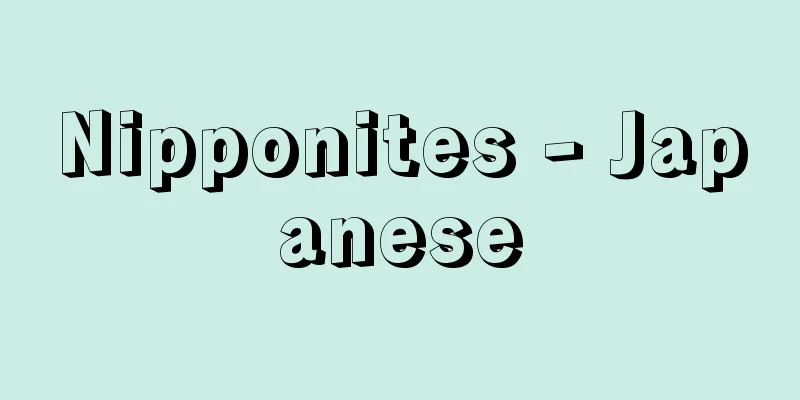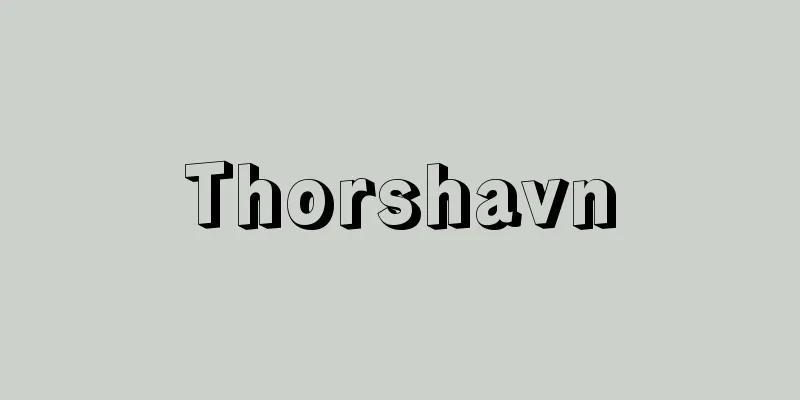Pure lineage theory

|
A theory of genetics proposed by the Danish physicist Johansen in 1903. It states that if a population is a mixture of several pure lines, selection can direct mutations in a certain direction, but once the population is pure, selection is ineffective and only mutations due to environmental influences remain. It has had a major impact on modern genetics. Source: The Selected Edition of the Japanese Language Dictionary About the Selected Edition of the Japanese Language Dictionary Information |
|
〘名〙 一九〇三年デンマークのヨハンセンが提唱した遺伝学上の説。集団が数種の純系の混合であれば、選択で変異を一定方向へ向けられるが、純系になってしまうと選択は無効で、環境の影響による変異しか残らないとする。近代遺伝学に大きな影響を与えた。
出典 精選版 日本国語大辞典精選版 日本国語大辞典について 情報 |
>>: Pure line - Junkei (English spelling)
Recommend
capture ratio
… Specified level refers to the input and output ...
Action - Yes
〘noun〙① (━suru) The act of something having an eff...
Tipularia
…A perennial orchid that grows on the forest floo...
Government affairs - Kanmu
〘Noun〙① A title given to the Left Chief Historian,...
Gangaikonda Cholapuram (English spelling)
A town in the state of Tamil Nadu in southern Indi...
Catchline - Catchiline
...An introductory phrase or short sentence used ...
Albion (English name) ALBION CO., LTD.
Official company name: Albion Co., Ltd. English co...
Curtin, J.
...Apart from small-scale air raids, the Japanese...
Morocco incident
Before World War I, there were two international ...
Grus canadensis (English spelling) Gruscanadensis
…[Hiroshi Aramata]. … *Some of the terminology th...
Geórgios Karaiskákis
1780‐1827 A general in the Greek War of Independen...
Macroglossinae
...A general term for mammals belonging to the fa...
Neotoma albigula (English name)
…[Tadaaki Imaizumi]. … *Some of the terminology t...
Heterarchae - Heterarchae
…However, even today scholars have different opin...
Ergometrin
…Cows are weaker than horses. [Medicinal] Ergot c...









